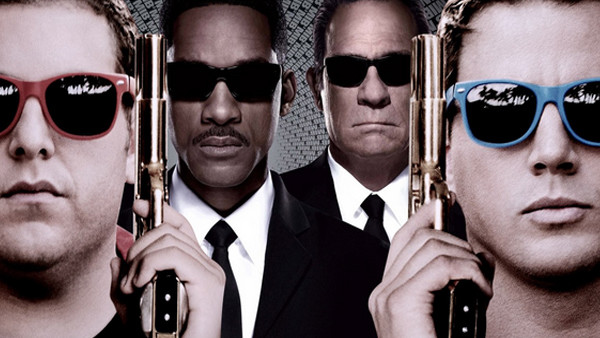Why Men In Black: International Failed
7. The 21 Jump Street Crossover Fell Apart Because Money

The crossover event nobody realised they needed, when the e-mails of Sony executives leaked in 2014 and confirmed that the studio was interested in blending the worlds of Men in Black and 21 Jump Street, fans of both franchises realised it was a match made in heaven. The former franchise had suffered through two underwhelming sequels, while the latter showed the entire world how to reboot an older property into something deeply contemporary.
Even better, with the final credits sequence in 22 Jump Street, a conventional sequel was all but eliminated, meaning that, weirdly, introducing space aliens into the universe would have felt surprisingly natural. Channing Tatum and Jonah Hill weren't exactly obvious stand-ins for Tommy Lee Jones and Will Smith, but they could have brought in a new audience, and undeniably played off each other well both dramatically and comically.
After seeing the response, Sony apparently jumped back into gear, announcing MiB 23, and attempted to get the deals in place to make it a reality. The project was short lived, however, and communications broke down, according to THR, because of the lucrative deals for big-name producers on both sides.
Their sources claim that Jump Street producer Neal Moritz held out to retain his first-dollar deal (which would see him taking a percentage of the box-office from the day the movie launches, regardless of whether it turns a profit or not), which was enough to give Sony cold feet on the whole thing.
In its failure to make the crossover happen, the studio scrambled and turned its attention onto rebooting the franchise, but the problem was...